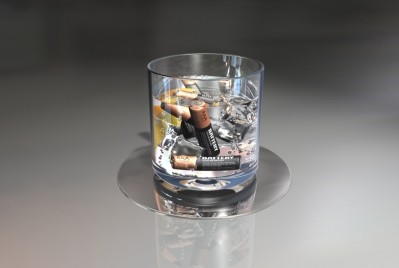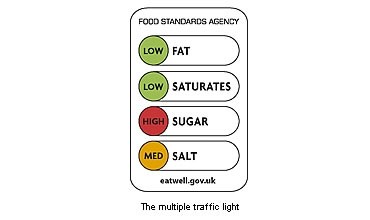British manufacturers unveil energy drink code
The new guidelines demand that all high caffeine drinks carry the additional labelling statement: “Not suitable for children, pregnant women and persons sensitive to caffeine”.
This advice should appear prominently on product labelling and on company websites that feature high caffeine drinks.
Additionally the code of practice states that such drinks may not be promoted or marketed to children under the age of 16.
In establishing the code, the BSDA sought to build upon what has already been laid out in the Commission Directive 2002/67/EC of July 2002, which addresses the labelling of foodstuffs containing caffeine and quinine.
In the line with the Directive, the code defines high caffeine drinks as any beverage containing more than 150 mg/l of caffeine.
The code also adds to the labelling requirements in the Directive so manufacturers of high caffeine drinks still have to print the message “High Caffeine Content” in the same field of vision as the product name followed by the caffeine content in mg/100ml.
But the code does take a slightly different approach to the European legislation in some areas. The BSDA only states that its warning label should appear “prominently” and does not give precise details on where it must appear.
BSDA spokesperson Richard Laming said the trade body preferred not to be too prescriptive, but wanted to ensure that manufacturers followed the spirit of the code.
Laming said another of the main considerations of the code was to make it clear that the labelling and marketing requirements were clearly marked out as being the burden of manufacturers and not retailers.
The Union of European Beverages Associations (UNESDA) is currently working on the establishment of similar guidelines for energy drinks on a European level. Laming said the BSDA had decided to go its own way and publish guidelines before UNESDA because the British trade body “wanted to get it done.”









